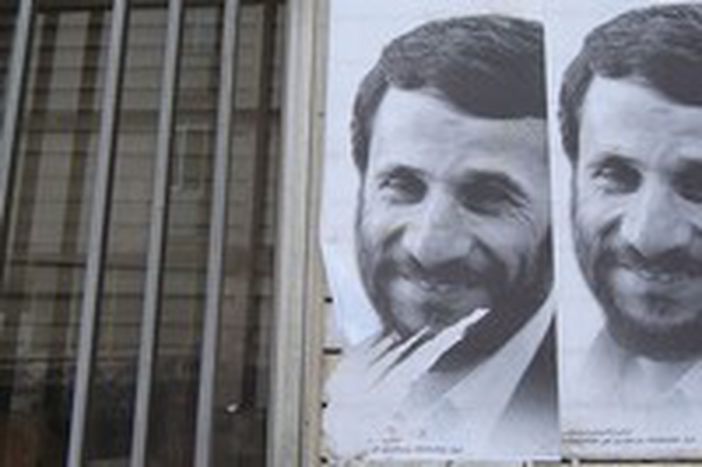
Why resolution 1701 falls short of expectations
Published on
Following the adoption of resolution 1701, European countries are preparing a peacekeeping force for Lebanon. The European Jewish Congress explains to us why resolution 1701 brings hope but no tangible guarantees
The European Jewish Congress has worked hard to convince European governments that Hezbollah is supported, financed, trained and armed by the Iranian and Syrian governments, two governments that are committed to thwarting any plans for a lasting peace in the region. How can any permanent cease-fire be achieved if Hezbollah and its main sponsor Iran are officially committed to Israel’s destruction and to leading a hate campaign against Jews worldwide?
The shortcomings of Resolution 1701
Certainly many European Jews welcomed the adoption of UN Security Council Resolution 1701, but the implementation is what matters the most. Although this UN resolution goes further than its predecessors by requiring the Lebanese government – reinforced by an upgraded UNIFIL – to re-establish its sovereignty in the south if the country, the regional threat of Iran and Syria still remains.
As prescribed in UN Security Council Resolution 1701, the flow of weapons from Iran and Syria must stop, and a real multinational force with a UN mandate must not allow the terrorist group Hezbollah to rebuild its military infrastructure. Already in 2004, the UN Security Council Resolution 1559 called for Hezbollah to be demilitarised, and it is now the time for the United Nations to act on this precedent.
If the Lebanese government can take up this golden opportunity to reclaim its country – with strong international assistance – this will bode well for peace along the Lebanese-Israeli border. Nevertheless Iran’s campaign against Israel and the Jewish people is another issue that must be confronted if any long-term peace is to be gained.
The Iranian threat
Sixty years after the attempted extermination of European Jewry, President Mahmoud Ahmadinejad declared that Israel should be "wiped off the map" and repeatedly denies the reality of the Holocaust. Ahmadinejad’s statements profane the two principles that European Jews hold most dear: the memory of the Shoah and the existence of the State of Israel.
It is no coincidence that as both Israeli and Lebanese civilians attempt to recover from the war damage this week, a blatantly anti-Semitic exhibition of “Holocaust cartoons” was unveiled in Iran. The Iranian regime has become the world’s number one Holocaust denier.
Similar to the Iranian government, Hezbollah repeatedly demonises Jews. Al-Manar, Hezbollah’s official network, regularly broadcasts anti-Semitic filth that reeks of the blood libel accusations and stereotypes so popular in Medieval Christian Europe. Luckily, France's highest administrative court banned this station in 2004, following a grassroots campaign led by French Jews.
But Europe must do more than this. The EU must tackle the militarism and anti-Semitism of the Iranian regime. Ahmadinejad’s nuclear programme and declarations about the Holocaust are a clear threat to Israel and Jews worldwide. And it is precisely this new danger that is behind the present crisis in Lebanon.



